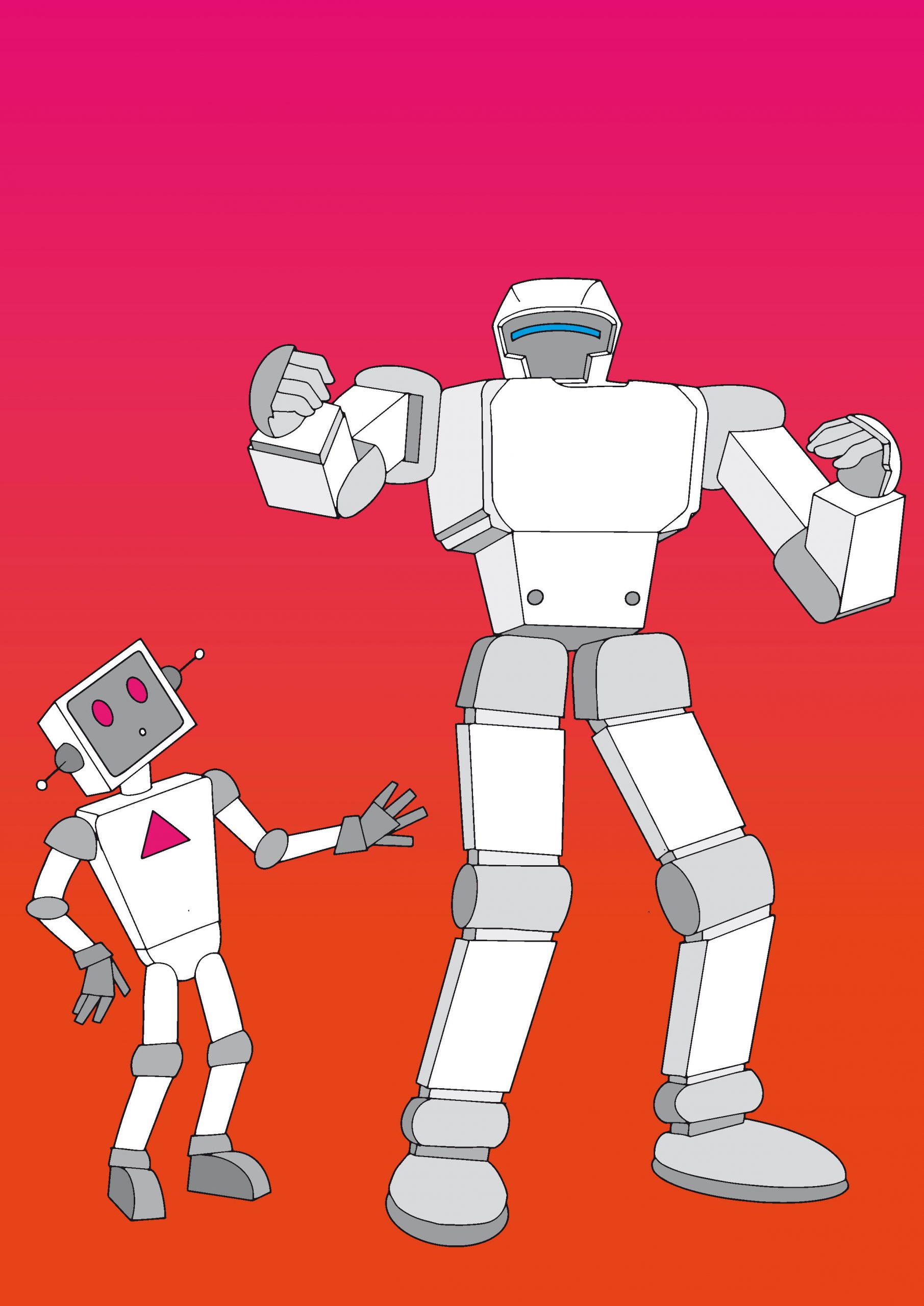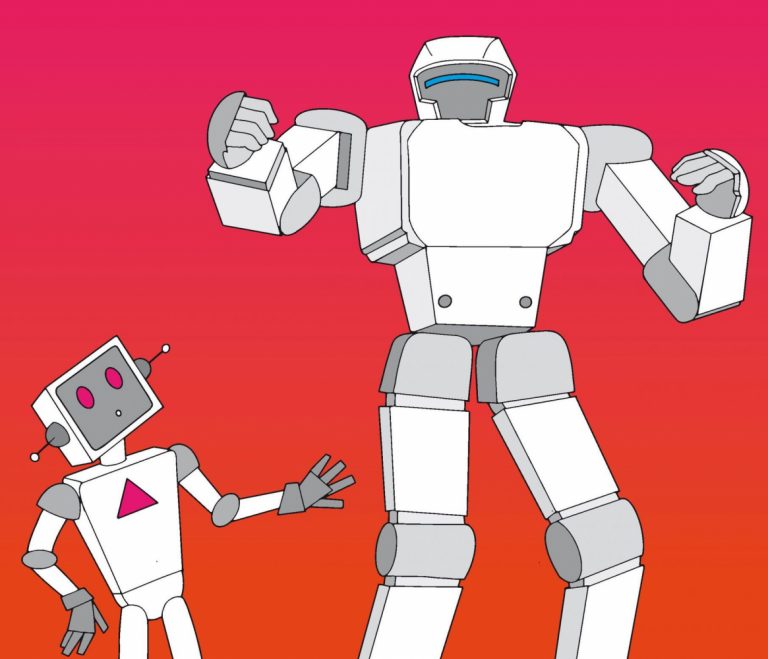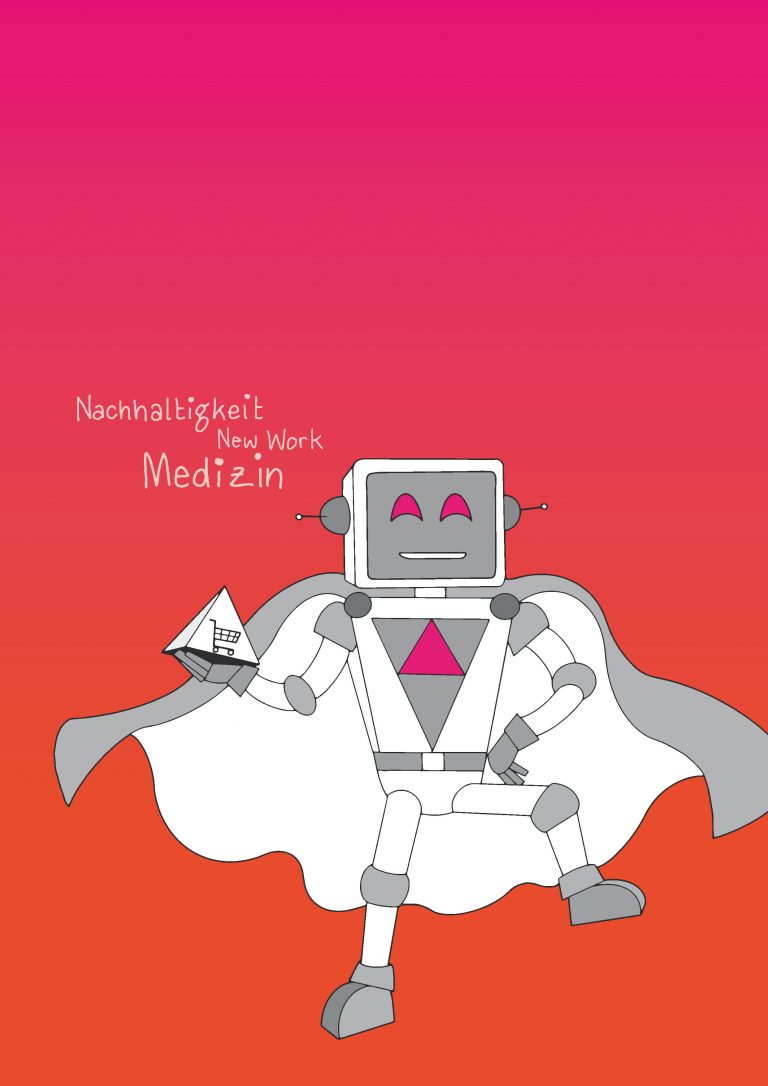9. artificial intelligence
Using Artificial Intelligence in Purchasing & Logistics
In March 2023, ChatGPT 4.0, a significantly enhanced version of the AI Chabot, was released.
Since then, interest in applications based on artificial intelligence (AI) has continued unabated.
One thing seems clear: the rapid development of AI will revolutionize the way we work. Today, however, much like when the first personal computers (PCs) were sold in 1974, we hardly know the real, disruptive potential of this technology!
There is great potential for application in medicine in particular AI enables computers to perform intellectual tasks that were previously reserved for humans.
The technology is based on self-learning algorithms that analyze large amounts of data to train and continuously improve models.
In the current issue of Klinik-Einkauf (issue 4 I August 2023), we give an overview of what AI can already do in purchasing & logistics today and what recommendations we have for you on how to deal with AI. Exclusively for the article in Klinik-Einkauf magazine, a special podcast episode HealthCareBrain with Dr. Kerstin Stachel and Lennart Eltzholtz on AI in purchasing & logistics will be released on 8.9.2023.
AI in purchasing and logistics: fields of application and benefits
In purchasing and logistics, AI opens up numerous opportunities for optimization and increased efficiency.
Some application examples are:
- Make predictions about demand and requirements
- Analysis of delivery times, transport costs and stock levels
- Suggestions for improving supply chains
- Potential savings in purchasing can be identified by processing prices, supplier information and contracts.
- Identify risks early by analyzing data such as supplier ratings, payment delays, and quality issues
Specialized AI chatbots, like ChatGPT, help classify items and create bills of quantities.
However, it is important to emphasize that AI does not replace shoppers, but acts as a support to complete routine tasks more efficiently.
There are many books. But only a standard work for purchasing and logistics in hospitals.

AI will not replace human labor, but complement it. By looking at AI as a partner, we can expand our capabilities and fully exploit the potential of this disruptive technology.
Our recommendation:
- Systematically deal with the new technologies.
- Use them to increase your efficiency.
- Uses them to complete monotonous tasks or routine activities.
- Create policies in your hospital to maintain privacy and information security.
- Not AI will do your job, but people who can handle AI!






